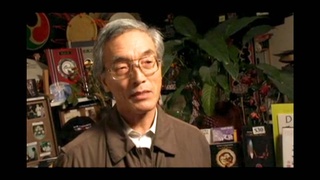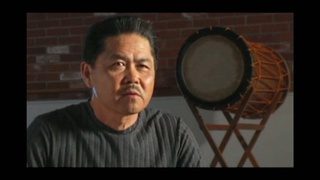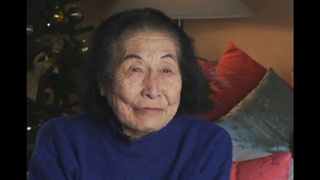Interviews
Happi coats in taiko
People call the happi coat, happi. That’s was the most tradition. That’s all I know [at] that time. Happi and the short pants like a Japan style. That was very traditional. Now, taiko group, all the other taiko group is very fashionable, very fashionable, you know. This is very interesting. You know, Johnny Mori—again Johnny Mori always come, you know, he said, “We are American taiko.” Right. Different from my style. But he played very traditional when he wear those group happi coat. Very traditional and very interesting. I’m more Americanized than that (laugh). Those guys said, “I wear original American.” But, through his experience and he studied many, many things. So he also more understanding [in] many, many things. They wear very traditional way they play.
Date: January 27, 2005
Location: California, US
Interviewer: Art Hansen, Sojin Kim
Contributed by: Watase Media Arts Center, Japanese American National Museum.






